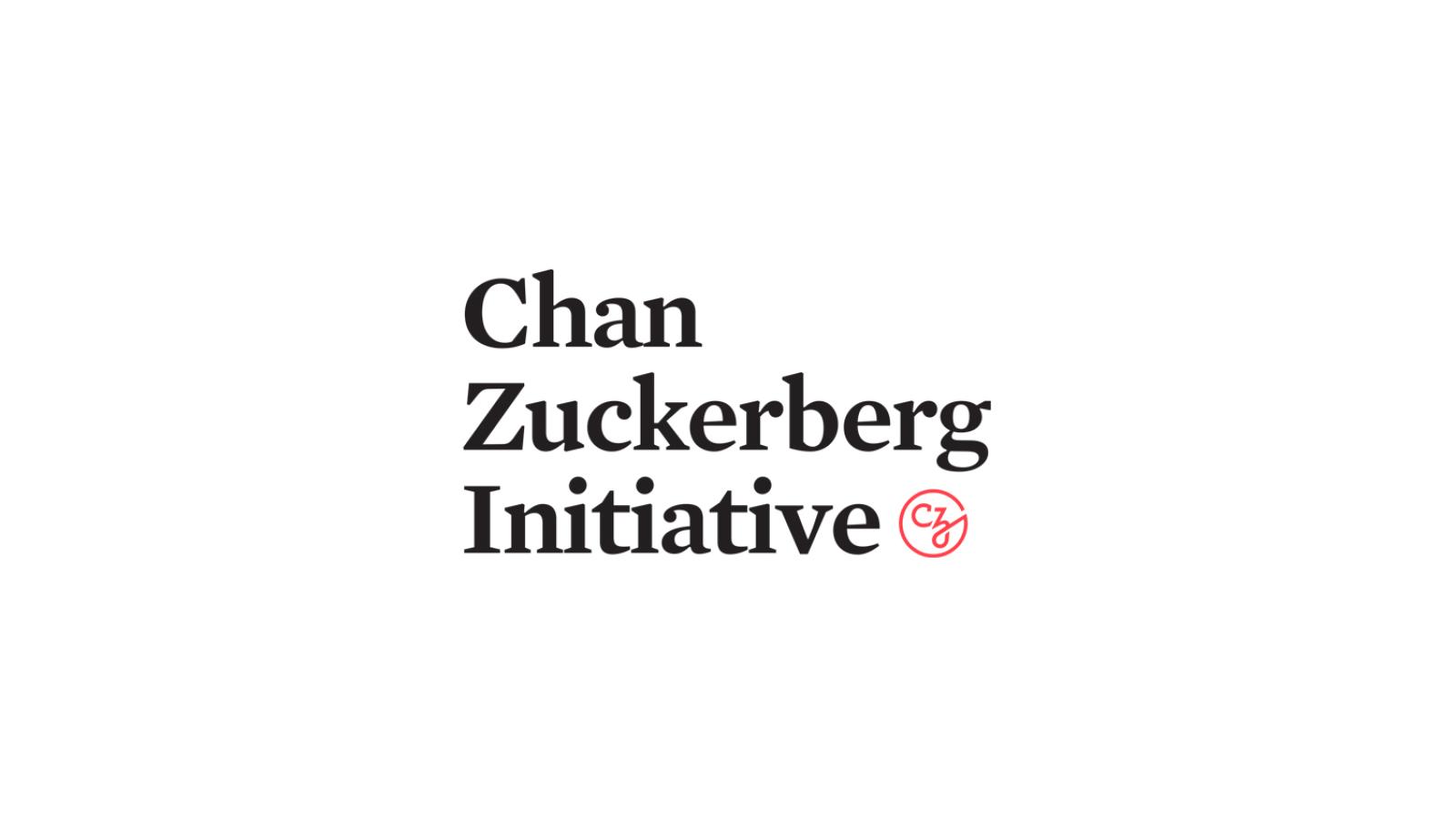Dr Soyon Hong, Dr Tim Bartels, and Prof Adrian Isaacs, all from UK DRI at UCL, have each been awarded further funding from the Chan Zuckerberg Initiative (CZI), for phase 2 of the organisation’s Collaborative Pairs Programme.
The scheme was set up in 2020, to support pairs of researchers from different areas of science to explore innovative, interdisciplinary approaches for addressing key challenges in the biology of neurodegenerative diseases. In the first phase, 30 pairs of labs were funded for 18-month pilot projects, including the UK DRI trio. 16 of those projects were selected for Phase 2, which will build on the initial work, but at a larger scale – with each pair being awarded $1.6million over 4 years.
Prof Isaacs leads an ongoing project with Dr Jeremy Carlton from the Francis Crick Institute and King’s College London, studying membrane damage and repair in neurons, and whether repairing damage to membranes could be a new way to fend off neurodegeneration. He explained:
“This award will allow us to scan the entire genome for genes that are involved in the membrane repair process. That should dramatically enhance our understanding of membrane repair and ways to resolve it – hopefully paving the way for new therapeutic approaches. We are really excited to keep working on this project together and that Professor Caleb Webber from UK DRI at Cardiff has joined the team. He will investigate whether new genes we discover contribute to the risk of developing a range of different diseases. This collaboration across DRI centres highlights the synergy we have at the UK DRI."
million is awarded to each pair over 4 years
I think we can make a real impact to change the culture of neurodegenerative research – so that we can be bolder and more innovative, together.Dr Soyon HongGroup Leader at the UK DRI at UCL

(left-right) Dr Soyon Hong, Dr Tim Bartels and Prof Adrian Isaacs
Dr Hong and Dr Bartels are working together on a project looking at how immune cells along the gut-brain axis contribute to Parkinson's disease. With distinct scientific expertise, the pair have built a highly collaborative interdisciplinary team, working innovatively together.
Dr Hong said:
“This new funding allows the ongoing pursuit of a high-risk, high-gain, and highly collaborative project. The project began as an idea between Dr Bartels, Dr Seppe De Schepper, a talented postdoc in my lab who studies gut macrophage biology, and myself. Less than two years in, we are already starting to make very exciting discoveries on neuroimmune signalling along gut-brain axis, and how it may modulate synuclein function and fate.”
Dr Bartels added:
“This is a fantastic opportunity to mechanistically understand two puzzling features of Parkinson’s Disease and other neurodegenerative diseases involving the alpha synuclein protein.”
The team aim to discover whether the resident immune cells of the gut contribute to brain disease and if so, how they modulate the formation and spreading of toxic proteins. They will look at the gut-brain axis in neurodegenerative disease, investigating the theory that diseases of the central nervous system begin in the digestive enteric nervous system. In doing so, they will endeavour to explore whether it is possible to detect the onset of disease and target disease progression before it even begins to affect the brain.
Dr Hong continued:
“I have been blown away by the network opportunities and engagement levels at CZI, and in particular, by the goals it is trying to establish at an international level across institutions. I think, together with the UK DRI, we can make a real impact to change the culture of neurodegenerative research – so that we can be bolder and more innovative, together."
For information about all the projects awarded funding in this initiative, visit the CZI website. To find out more about the work of Dr Soyon Hong, Dr Tim Bartels and Prof Adrian Isaacs, visit their UK DRI profiles.
To stay up to date on the latest research news and Institute updates, sign up to receive our monthly newsletter, ‘Inside Eye on UK DRI'.
Article published: 11 November 2022
